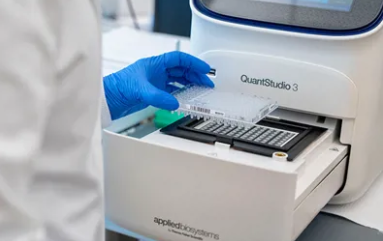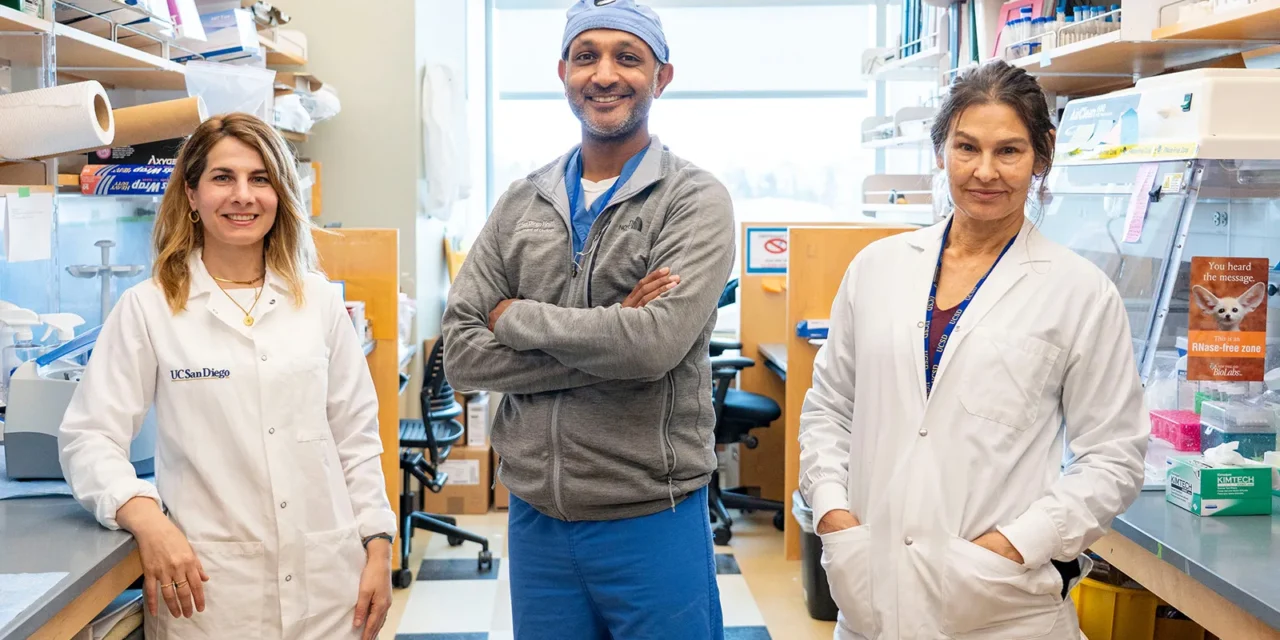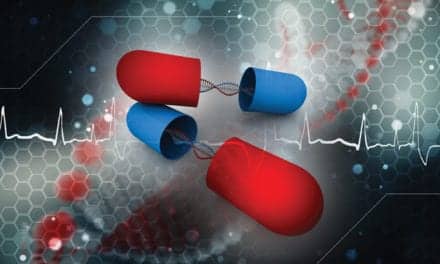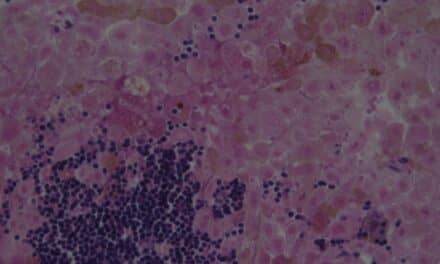The test measures microRNA-371a-3P biomarker and can guide treatment decisions while reducing the need for some CT scans during surveillance.
UC San Diego Health is offering a new blood test for testicular cancer, aiming to address diagnostic gaps in treatment and surveillance of the disease.
The test, developed by UC San Diego Health after 10 years of research, measures the biomarker microRNA-371a-3P and predicts the presence of testicular cancer cells with 90% accuracy. The assay is College of American Pathologists (CAP) and Clinical Laboratory Improvement Amendments (CLIA)-certified.
“Being able to engage in translational research that radically impacts the way we care for patients with testicular cancer is incredibly rewarding,” says Aditya Bagrodia, MD, professor of urology at University of California San Diego School of Medicine and urologic oncologist at UC San Diego Health, in a release. “Developing this test in partnership with my colleagues represents years of dedicated work to bring a new form of personalized medicine to testicular cancer care.”
Multiple Clinical Applications
The blood test has several clinical applications across the treatment continuum. Physicians can obtain the test before testicular removal surgery to provide additional data supporting surgical decisions. The assay can also help determine which patients need chemotherapy or surgery and which could safely avoid treatment.

For surveillance, the test may help identify cancer recurrence earlier in approximately one-third of patients who experience recurrence after testis removal despite clear CT scans. The blood test could potentially replace some CT scans during follow-up care, reducing patients’ exposure to ionizing radiation while decreasing costs and patient anxiety.
“This CAP and CLIA clinical validation process and test implementation allows us to translate years of research findings into clinical decisions that can genuinely help patients,” says Sarah Murray, PhD, director of medical genetics and genomics at UC San Diego Center for Advanced Laboratory Medicine, part of the Department of Pathology at UC San Diego School of Medicine, in a release. “The rigorous standards we’ve met ensure that this test is reproducible, reliable, and has analytic validity.”
Disease Impact and Availability
Testicular cancer affects approximately 10,000 people annually, primarily young men between ages 18 and 45. While most patients can achieve remission through chemotherapy or surgery, about 500 patients die each year, according to a release from UC San Diego Health.
The test is currently available to UC San Diego Health patients diagnosed with testicular cancer and will expand to accept external samples from other medical centers worldwide later this year. Blood test findings will be integrated into testicular cancer care plans established by the multidisciplinary molecular tumor board at UC San Diego Health, which meets every two weeks to review test results and patient cases.
“This breakthrough represents the kind of investment in innovation that can save lives while improving quality of life for cancer survivors,” says Diane Simeone, MD, director of Moores Cancer Center at UC San Diego Health, in a release. “We regularly receive inquiries from patients all over the world and are thrilled we can now offer this advanced tool to help optimize outcomes for patients with testicular cancer.”
Photo caption: From left to right: Krinio Giannikou, PhD, Aditya Bagrodia, MD, and Jane Smitham, research associate.
Photo credit: Leslie Aquinde, UC San Diego Health





